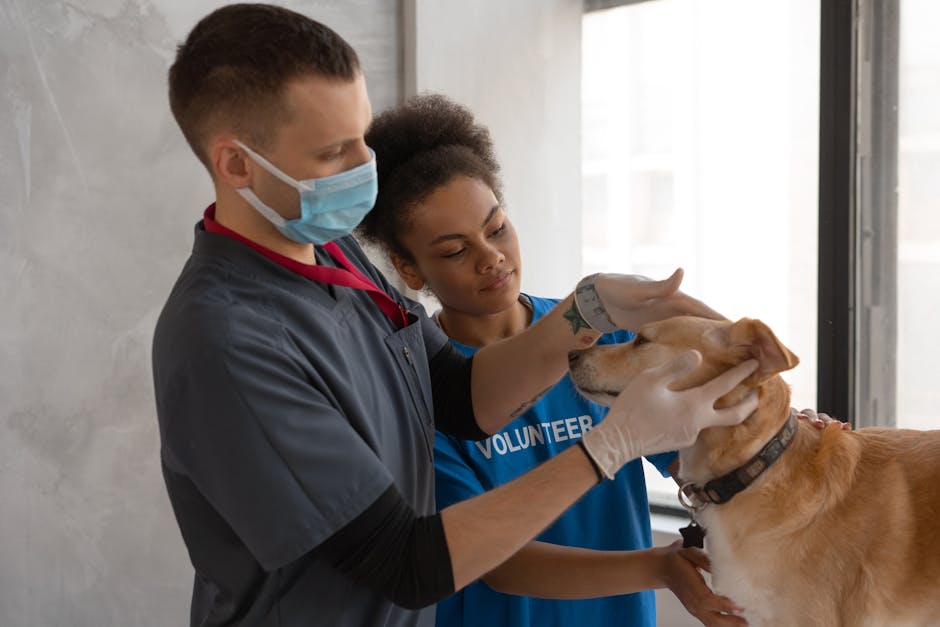Choosing a veterinarian for your pet is a significant decision, impacting their health and well-being. A qualified and compassionate vet can make all the difference in ensuring your animal companion receives the best possible care. This article delves into crucial factors to consider when searching for a reputable veterinary practice, equipping you with the knowledge to select a provider that aligns with your needs and your pet’s unique requirements.
Initial Steps: Laying the Foundation for a Good Fit
The journey towards finding the right veterinarian often begins with a simple search. Start by identifying your criteria and exploring the available options within your community. Consider your pet’s breed, age, and any specific health concerns. Do you need a vet specializing in exotic animals, or perhaps one with experience in geriatric care? Knowing your needs will streamline the search process and guide you towards practitioners with the expertise necessary for your pet.
Community Resources: Expanding Your Search Horizons
Leveraging local resources can prove incredibly helpful. Talk to friends, neighbours, and fellow pet owners. Online forums and social media groups dedicated to pet care can also provide valuable insights and recommendations. These anecdotal accounts, while not definitive, can offer clues about the quality of care provided by a particular practice. Be discerning, however, as personal experiences can vary considerably.
Assessing the Veterinary Practice: A Deeper Dive
Once you have a few potential candidates, meticulous research is essential. A thorough evaluation goes beyond simply checking the hours and location. Crucial aspects include:
Reputation and Accreditation: Look for veterinary practices with a strong reputation and recognition. Accreditation by organisations such as the American Animal Hospital Association (AAHA) or similar bodies suggests a commitment to quality standards and adherence to best practices. Inquire about the practice’s history and reputation within the community. Online reviews, while helpful, should be interpreted cautiously, bearing in mind the potential for bias.
Staff Expertise and Compassion: The vet’s knowledge and expertise are paramount, but the entire team matters. Assess the overall professionalism and caring attitude displayed by the staff. The receptionist’s demeanor and efficiency, the veterinary technicians’ competence, and the vet’s bedside manner contribute to an overall pleasant experience. A warm and understanding environment is just as vital as the technical expertise.
Equipment and Technology: Modern veterinary practices often employ cutting-edge diagnostic tools. A practice equipped with modern technology ensures accurate diagnoses and allows the veterinarian to implement the best possible treatment plans. Consider the availability of x-ray facilities, ultrasound equipment, and in-house laboratory services. These features can expedite diagnostics and improve overall care.
Emergency Services and Availability: Investigate the practice’s emergency services and operating hours. Knowing whether the practice offers 24/7 emergency care is critical. This assurance is particularly important for unexpected illnesses or injuries. If your pet needs urgent attention, prompt access to care is vital. Consider how readily the practice can accommodate after-hours emergencies or referrals if needed.
Financial Policies and Payment Options: Discuss the practice’s financial policies and fee structure. Transparency in pricing and payment options is a vital aspect. Explore options for financing, payment plans, or discounted care, especially if you’re on a tighter budget. Understand any potential additional charges for specific procedures or diagnostic tests to avoid unpleasant surprises.
Beyond the Basics: Seeking Specialization and Personal Fit
If your pet has a specific condition or breed-related need, looking for a veterinary practice specialising in that area could be a smart move. Cardiologists, dermatologists, and oncologists are examples of specialists who can offer advanced care. Finding a vet comfortable with the intricacies of certain breeds or species can be beneficial, too. Ultimately, building a rapport with the veterinarian is critical. Schedule a consultation if possible. This gives you a chance to assess the vet’s communication style, their understanding of your pet’s needs, and their approach to your specific concerns.
Making the Final Choice
Finding a reputable vet is a careful, considered process. It’s about balancing expertise with compassion, modern facilities with affordability, and a feeling that you’ve found a reliable partner in your pet’s health journey. Thorough research, careful consideration of your pet’s needs, and a candid conversation with potential vets will help you make the ideal choice. Remember, a good veterinary practice prioritizes the health and well-being of your pet, fostering a relationship built on trust and understanding.
